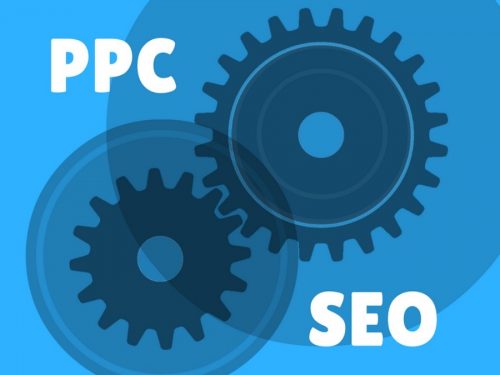
Building trusting customer relationships takes time and constant interaction, and there is no “one-size-fits-all” solution.
In B2B, your customer is your most important asset. Not only do you rely on them to keep current operations successful, you lean on them as references to potential customers so your business can continue to thrive in the future.
Building these trusting customer relationships takes time and constant interaction. In B2B customer support there is no “one-size-fits-all” solution, and this makes training the “face” of your company — your customer support team — especially important to building customer loyalty. Here are three tips to consider when training your B2B customer support team to build a loyal customer base.
1. Empower your agents.
One way B2B customer support differs from its B2C counterpart is the level of complexity involved in business-related issues. A simple script with canned responses is unacceptable in B2B, and while stock answers recited off a sheet of paper may be accepted in B2C, business customers expect more.
Giving agents the latitude to make decisions that impact customers can help solve issues quickly and drive customer loyalty. This means breaking away from the typical tiered support model, which often results in customers being bounced from one support agent to the next and does not inspire loyal behavior. Utilizing a collaborative support model, or even dedicated support, means the same agent or team will stay with the customer from the initial contact through to resolution.
Whether they need to involve another department or make a decision on the spot rather than asking a supervisor, empowering your support team with the autonomy to take care of your customers will help build loyalty. Maintaining consistency throughout the process will show your customers you are seriously invested in their business and ultimately their success.
2. Reduce customer effort.
We’ve all contacted support and had to provide a ton of information — name, email, company, etc. — just to determine if an agent is able to help with the issue. In B2C this is all too common, but B2B support expectations are much higher: You are after all a part of their business. Train your B2B agents to make support as easy as possible for your customers by using technology to reduce their effort. For example, instead of asking for all this information, train agents to look at the customer’s location/division, revenue and job title immediately so they get a sense of the business impact as well as the person’s role and probable mood. The more an agent knows about a customer, the more empathetic she can be.
In B2B, unlike B2C, being empathetic across multiple conversations with the same customer is important to creating authentic customer loyalty. You can achieve this by focusing on the right information (location, ticket volume, satisfaction, etc.) for each customer at both the contact and company level. In B2B, you are dealing with multiple contacts, potentially at multiple divisions and locations. As a B2B support provider, you must understand all of this, and provide the right information and training to your agents to address issues properly.
In addition, make sure agents can quickly understand past issues in order to suggest accurate solutions. If a customer is experiencing a recurring issue, you don’t want agents offering a “solution” that failed previously. On the other hand, an agent acknowledging previous attempts and moving forward can go a long way to building confidence. This is where customer support software is essential not only because of the information it provides but also because it promotes efficient communication. B2B software can also help you manage customer Service Level Agreements (SLAs). Making sure your customer support team fulfills the promises made by the sales team when the business agreement was created is yet another way to build loyalty, so train your agents to pay close attention to SLAs.
3. Train agents in the art of saying “no.”
The customer is not always right, and while it may seem counter-intuitive, the harsh reality is that in B2B saying “yes” to every customer request isn’t increasing loyalty; it’s actually setting you up for a massive failure. All relationships need boundaries, and training agents how and when it’s appropriate to say “no” will help define and control the relationship. These boundaries help form a level of mutual respect over time, creating a loyal customer base.
Building a loyal customer base through B2B customer support training is rooted in honest communication and reducing customer effort. Technology is crucial in creating an understanding with customers and eliminating pesky information requests that jeopardize relationships. Combining technology and honest communication creates trust and respect with your customer that over time leads to long-term loyalty, increased retention rates, expansion opportunities and future referral business.
___
by ROBERT C. JOHNSON
source: Entrepreneur


